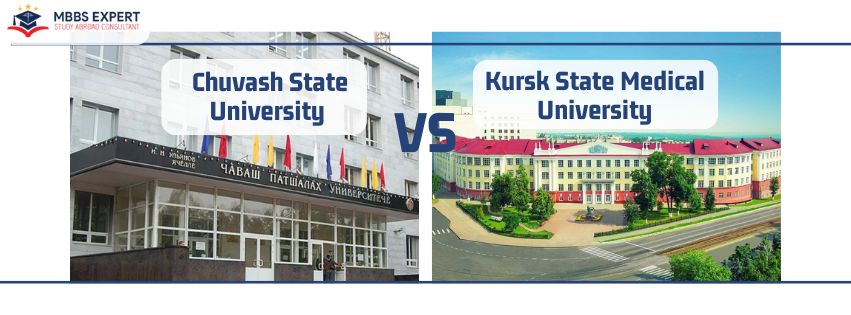Study MBBS at Ingush State University, Russia – Your Gateway to an Affordable Medical Education…
Language Barrier: Studying MBBS in English vs. Local Language in Tajikistan
![]()
Language Barrier: Studying MBBS in English vs. Local Language in Tajikistan
Studying medicine abroad presents numerous challenges and opportunities, particularly when it comes to language. For Indian students pursuing MBBS in Tajikistan, one critical decision they face is whether to study in English or the local language. This choice can significantly impact their learning experience, future career prospects, and overall academic journey. In this blog, we explore the implications of studying MBBS in English versus the local language in Tajikistan, offering insights to help students make informed decisions.
Importance of Language in Medical Education
Language proficiency is crucial in medical education as it directly influences students’ ability to comprehend complex medical concepts, communicate effectively with patients and colleagues, and ultimately practice medicine competently. In Tajikistan, where universities may offer MBBS programs in both English and Tajik/Russian, the language of instruction plays a pivotal role in shaping the learning environment for international students, including those from India.
Studying MBBS in English: Advantages and Considerations
Opting for an English-medium MBBS program in Tajikistan can be advantageous for Indian students in several ways:
- Accessibility of Resources: English is widely used in medical literature and resources globally, ensuring that students have access to a wealth of study materials, journals, and research papers.
- Ease of Communication: English as the medium of instruction facilitates smoother communication between international students and faculty, reducing potential language barriers in classrooms and clinical settings.
- Global Recognition: An MBBS degree obtained through an English-medium program is often more recognized and accepted internationally, which can enhance career opportunities in India and abroad.
However, studying in English may also present challenges:
- Cultural Adaptation: Despite the language familiarity, students may still need to adapt to cultural nuances and educational practices different from those in India.
- Competency in Local Language: Limited proficiency in the local language (Tajik or Russian) may hinder interactions with patients during clinical rotations, where local language proficiency is beneficial.
Opting for the Local Language: Benefits and Challenges
Choosing to study MBBS in Tajik or Russian offers unique advantages:
- Integration into Local Culture: Proficiency in the local language facilitates deeper cultural immersion and potentially stronger bonds with local communities and patients.
- Clinical Exposure: During clinical training, understanding the local language can enhance patient interaction and clinical learning experiences, potentially improving diagnostic and treatment skills.
However, studying in the local language also poses challenges:
- Limited Resources in English: Access to English-language medical resources may be restricted, requiring students to rely more on translated materials or language proficiency improvement.
- Initial Language Barrier: Learning a new language alongside medical studies can be daunting and may initially slow academic progress until proficiency is achieved.
Making the Right Choice
When deciding between English and the local language for studying MBBS in Tajikistan, Indian students should consider their career goals, personal language proficiency, adaptability to new cultures, and the support available from the university for language learning. Balancing the advantages of global recognition with the benefits of local language proficiency is crucial for a well-rounded educational experience.
Conclusion
The choice between studying MBBS in English versus the local language in Tajikistan is a significant decision that impacts academic success, clinical training, and future career prospects for Indian students. While English offers accessibility and international recognition, proficiency in the local language fosters cultural integration and enhances clinical interactions. Ultimately, the best choice depends on individual preferences, career aspirations, and readiness to navigate the challenges and opportunities presented by language barriers in medical education abroad.
By understanding these considerations, Indian students can make informed decisions that align with their educational and professional goals, ensuring a rewarding and successful journey through their MBBS program in Tajikistan.





